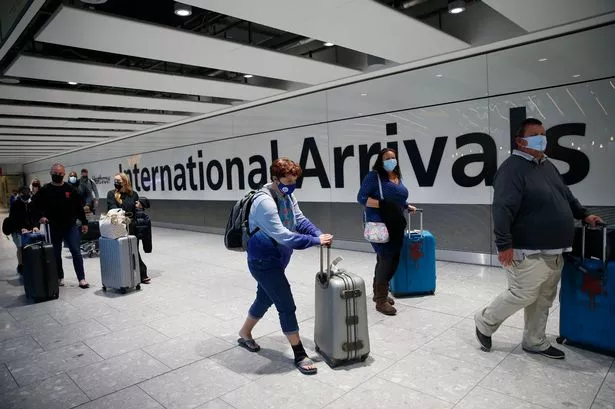The EU-UK youth work visa scheme could soon allow 18- to 30-year-olds to travel and work freely for 12 months, signaling a post-Brexit reset in relations between London and Brussels.

A New Chapter in UK-EU Relations?
The EU-UK youth work visa scheme could soon become reality. In a move signaling a fresh reset with Britain, the European Union is poised to offer 12-month work visas to young British and European citizens aged 18 to 30. Negotiations have intensified, and major concessions from Brussels are now on the table.
If finalized, the deal would allow thousands of young people to live, travel, and work freely between the UK and the EU — a freedom lost after Brexit.
Youth Mobility Seen as Key to Wider Post-Brexit Pact
The EU-UK youth work visa scheme is more than a standalone initiative. It is viewed as a critical stepping stone toward a broader post-Brexit partnership. Discussions surrounding energy cooperation, migration management, and defense collaboration have all been tied to progress on youth mobility.
EU officials have emphasized that restoring opportunities for young people is essential to rebuilding trust and creating a more sustainable relationship between London and Brussels. Britain, meanwhile, is eager to strengthen ties without reversing core Brexit policies.
Major Concessions Signal Hope
Sources close to the negotiations confirm that the EU is willing to offer significant flexibility. A streamlined visa process, low administrative costs, and minimal residence restrictions are reportedly part of the draft proposal.
British officials, who once resisted calls for a youth mobility deal, are now showing more openness. Political realities, economic incentives, and mounting pressure from business and academic sectors have shifted the UK’s approach. Both sides see youth mobility as a “win-win” opportunity.
The Wider Impact on Young Workers
The potential benefits of the EU-UK youth work visa scheme are enormous. Young Britons would once again access the rich job markets, universities, and cultural opportunities of Europe. Simultaneously, Europeans would gain pathways to experience life and work in the UK.
Moreover, experts say enhanced mobility could help address labor shortages, stimulate innovation, and foster a generation better equipped for international collaboration.
However, key hurdles remain. Details on health insurance, recognition of professional qualifications, and security checks still need to be hammered out. Final agreement could still take months.
Nonetheless, optimism is growing. Should the youth mobility pact succeed, it may mark the beginning of a new era in post-Brexit UK-EU cooperation.












Comments are closed.